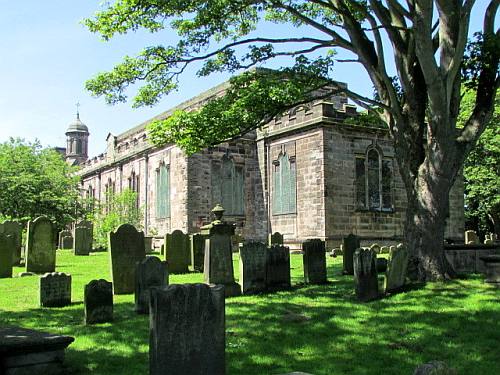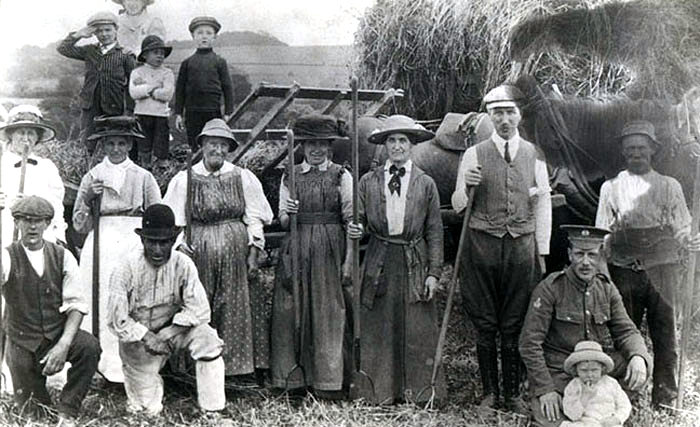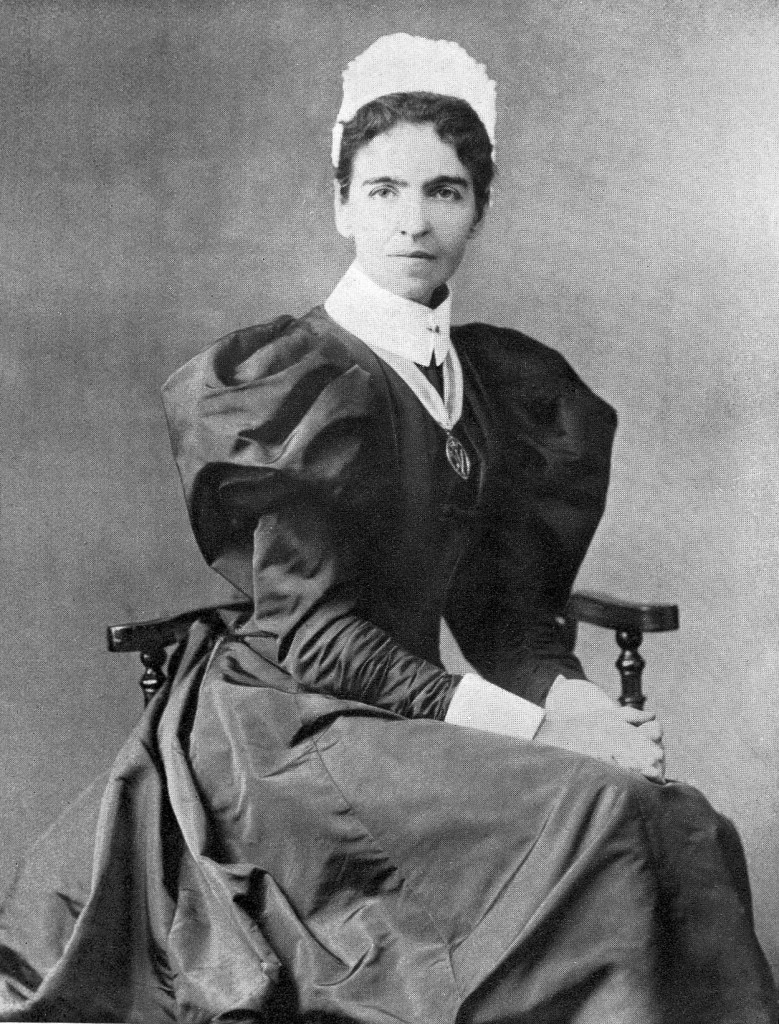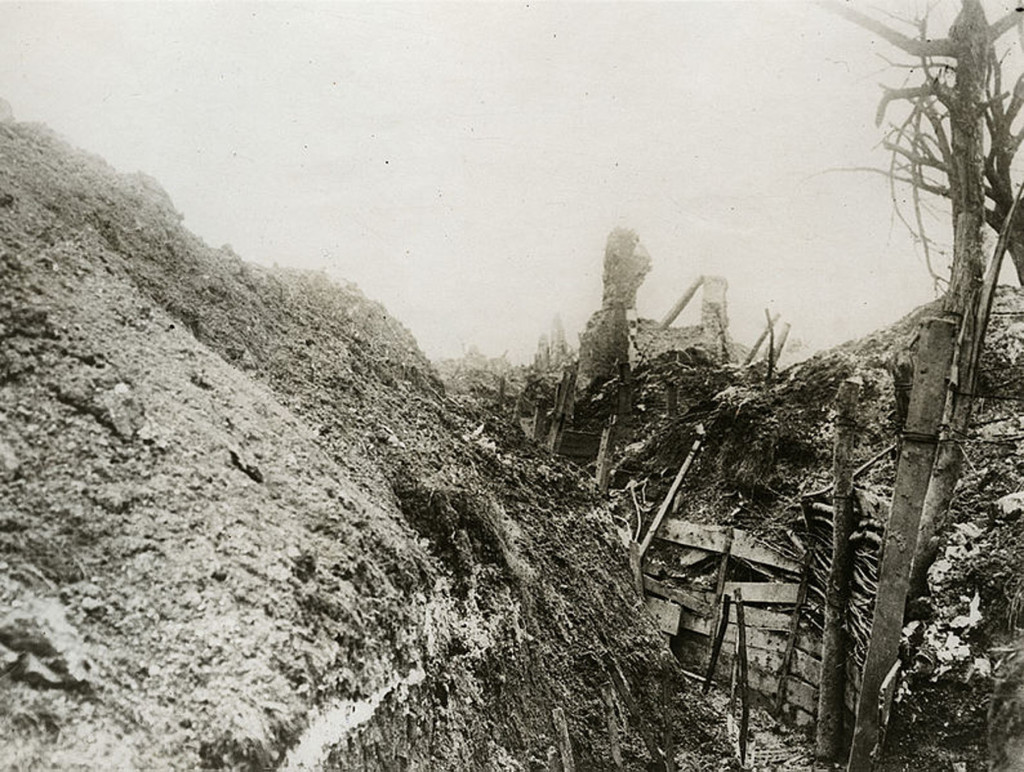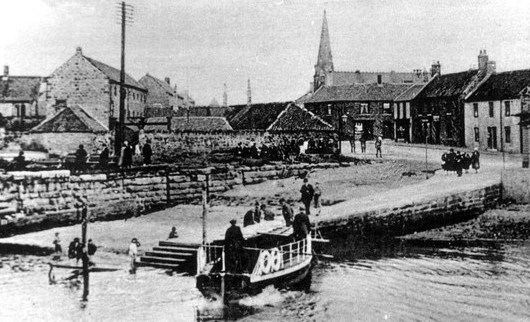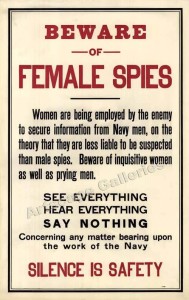BERWICK ADVERTISER, 29 JUNE 1917
WAR NEWS
BERWICK MAN WOUNDED
The accompanying photo is of Private T.H. Pattison, whose wife has just received information, that he has been admitted into the casualty clearing station in France suffering from wounds in the arm and back. Before enlisting he carried on the business of painter, having succeeded his father the late Johnson Pattison. He joined up on September, 1916, and was put into the 3rd K.O.S.B’s at Duddingston. After some time there he went to Dreghorn and attached to the A. and S. Highlanders. He was brought back to Duddingston and transferred to the Seaforths, from there to Blairgowrie, then to France, where he has been for 4 months. We trust that his wife may soon receive favourable news of him. His wife is the youngest sister of Mr Thomas Grey, Tweedmouth, and resides at 12 Parade, Berwick.
LOCAL NEWS
Berwick Volunteers – Good progress continues to be made in rifle and other drill by the various platoons, while the physical exercises are also being enthusiastically taken up by the younger members. At the close of one of the last drills Capt. C. L. Fraser, V. D., commanding officer, took occasion to advert to the irregularity in attendance of many of the younger members, expressing the earnest hope that due attention would be made to remedy this fault. He also trusted that every effort would be made to increase the membership of the Berwick Company. Good as the response had been for the Borough, it was still evident that there were a goodly number of men of military age who had not identified themselves with the Corps. He hoped every member would taken it as an instruction form him to personally interview eligible men who up to the present had not identified themselves with the Company, and insist on a reasonable and a satisfactory explanation for their failure to join up.
Scremerston Band’s Patriotic Work – On Sunday afternoon last, by permission of the Local Authority, Scremerston Brass Band discoursed a programme of scared music at Berwick Band Stand, on the Walls to a large and appreciative audience.
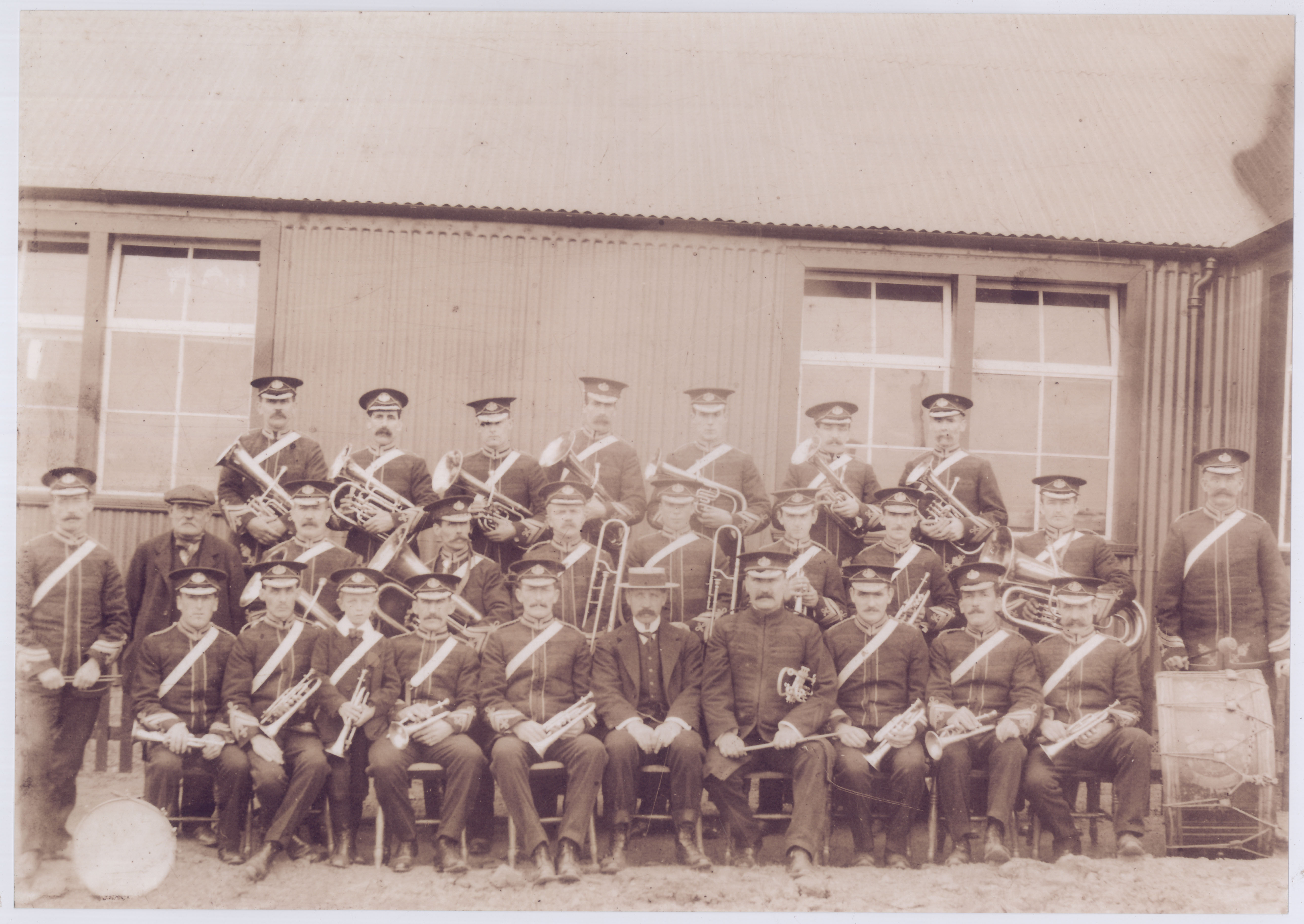
A collection was taken up on behalf of Berwick Patriotic Fund, the sum of £6 3s 6d being realised. We trust that this will only be a forerunner of many other musical treats provided by Bandmaster Whitfield and his highly trained instrumentalists.
Early Potatoes – Several allotment holdiers in the town and district have been digging the first earlies from their potato plots during the past week, and for size and quality the young tubers are well up to standard. It will be another month, however, before potatoes, to any great extent, are on the market from local growers. The new allotments at Violet Terrace are looking exceptionally fine, and should all well produce an abundant return.
Grammar School Rambling Club – On Saturday, June 23rd, the Rambling Club cycled to Wooler. There the party of fourteen divided, seven visiting the “Happy Valley,” and the rest setting out to climb the Cheviot: this was prevented by mist, but a good height was reached and the climbers had a fine view over the surrounding country, and the mountain provided plenty of scope for nature study.
Street Accident – About 4.50 on Wednesday afternoon Mary Fryer, widow, residing in Narrow Lane, Berwick, was cycling down Church Street, and in trying to avoid a boy she swerved on to the pavement. She had the misfortune to knock down Mrs Colin Campbell, and continuing her course she went through a plate glass window of Mr Campbell, tailor, situated in the ladies’ department.
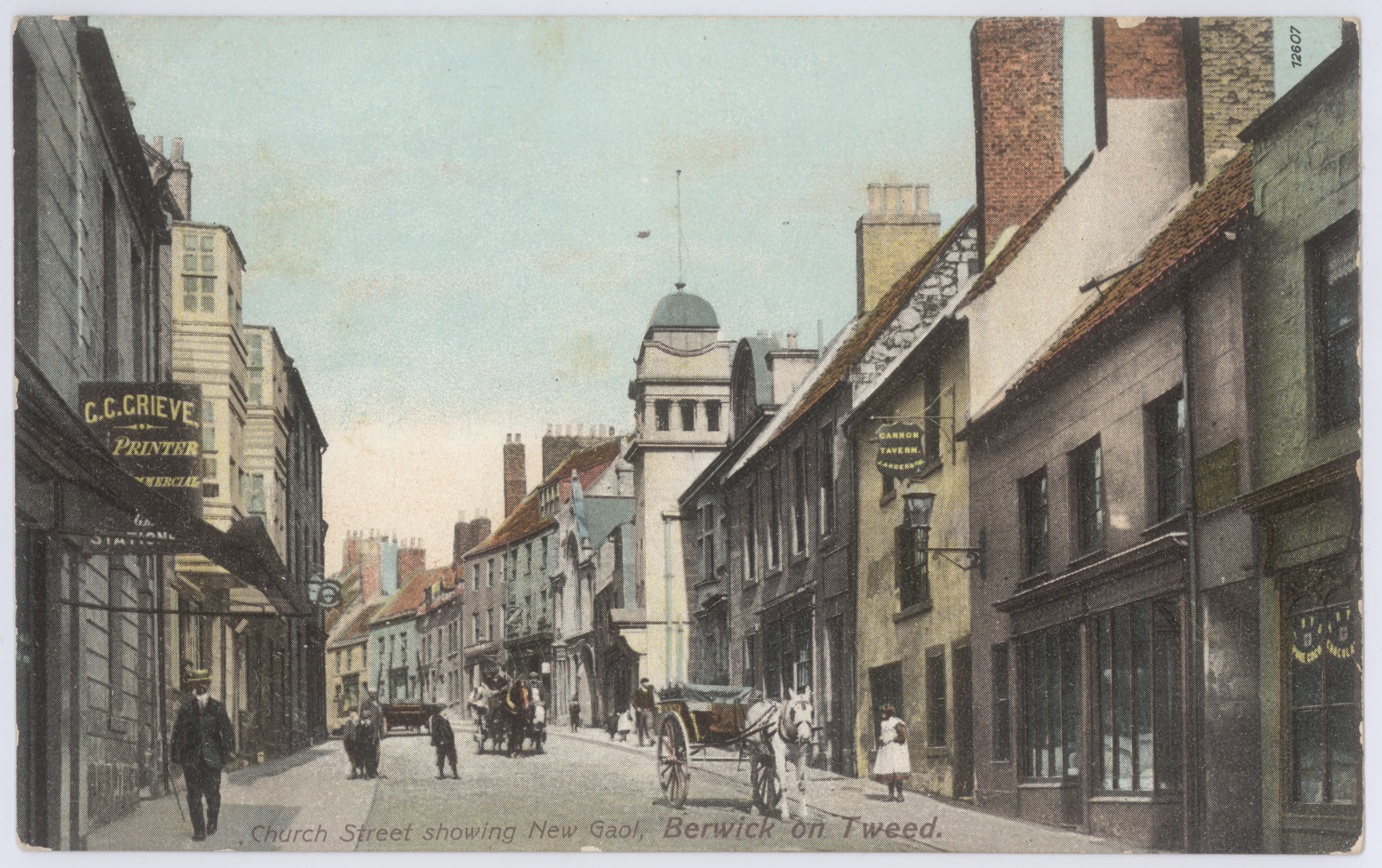
When Mrs Fryer was picked up she was found to be slightly cut about the head and suffering from severe bruises to her left knee. She was attended to by Dr C. L .Fraser, V.D., at the police station, and he ordered her removal to the Infirmary. She was conveyed there in the ambulance by P.C. Watt.



